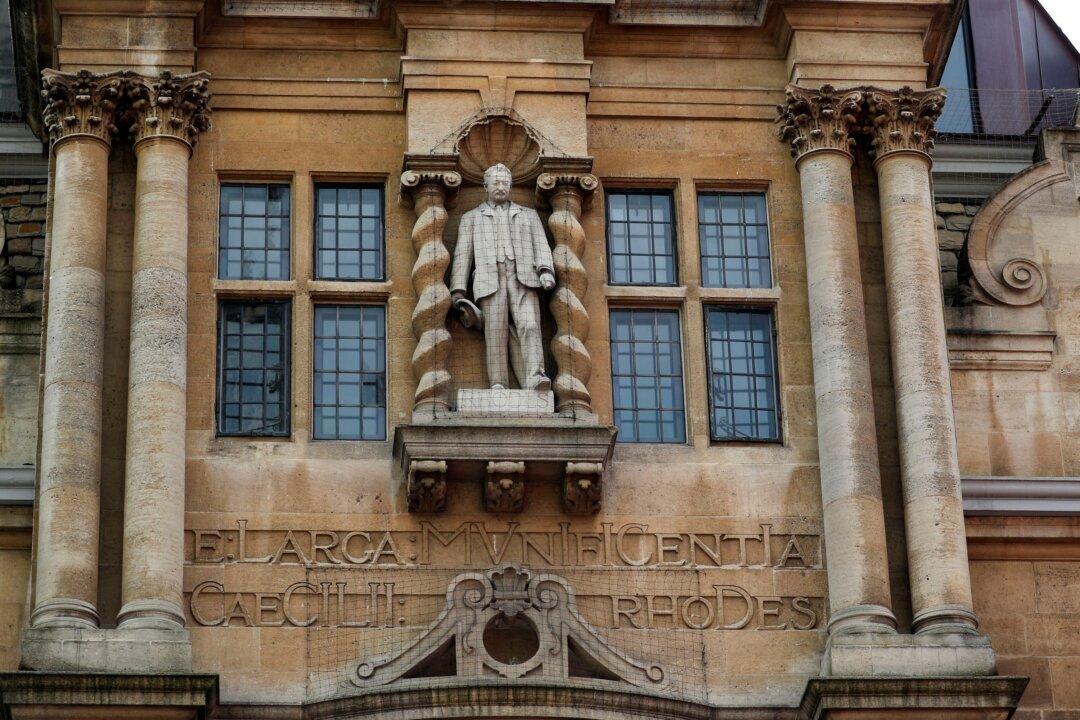Downing Street has warned Oxford University that it should take action if students are seriously affected by a boycott of Oriel College by academics over a statue of Cecil Rhodes.
According to The Telegraph, the group of more than 150 academics said they would refuse to tutor undergraduate students, do outreach work, or attend college-sponsored talks, seminars, and conferences.





